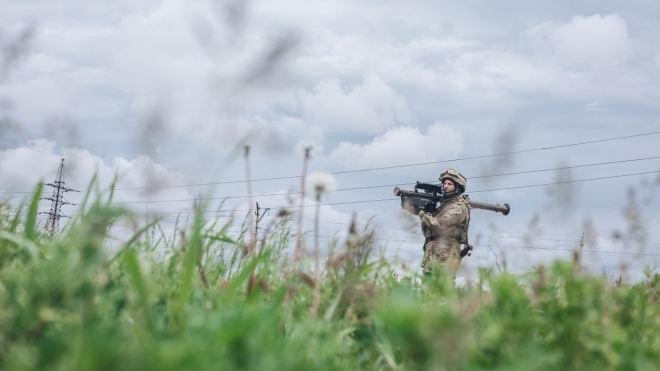Bloomberg writes that the allies cannot provide the necessary weapons to Ukraine quickly enough due to limited stocks. The main obstacle is that since the Cold War, many countries have significantly reduced defense spending. After the annexation of Crimea by Russia in 2014, these costs began to increase, but still not enough. Setting of mass production takes time and effort, and the defense industry is experiencing difficulties accessing some semiconductors and rare metals, the article says. For example, Raytheon Technologies canʼt get orders for large batches of the Javelin and Stinger because of this. Increased production can also damage inefficient supply chains and skill shortages. When planning defense spending, governments should also ensure that they donʼt stockpile weapons excessively, given that they may have expiration dates. This became a problem in August, when Spain recalled a batch of Leopard tanks promised to Ukraine because they were malfunctioning after years in storage. Therefore, the challenge for the world is to develop a long-term sustainable plan for defense production, which should be a compromise between "feast and famine." Currently, military spending is a priority for Europe, but due to some energy crisis, this may change.
The Financial Times writes about the lack of an air defense system in Ukraine against the background of recent mass missile strikes. Since there is a shortage of air defense equipment in Ukraine, it must choose how to use them ― to protect the civilian population or to continue the counteroffensive, the publication writes. During a conversation with Volodymyr Zelensky on Monday, Joe Biden promised to continue providing Ukraine with the necessary support, including advanced air defense systems. A defense expert interviewed by the publication believes that the main problem ends with the fact that Ukraine has a large territory, and Russia launches missiles from several directions. To ensure its counteroffensive, Kyiv moved some air defense systems to the front line, says an anonymous Western official. Ukraine received a replenishment of this arsenal from its allies, but the bad thing is that itʼs not a single complex system, but a mixture of Soviet and modern devices. Currently, Ukraine uses S-300 anti-aircraft missile systems to destroy ballistic and cruise missiles, as well as medium-range SA-11 Buk systems, which are deployed closer to the front line. Unfortunately, it is not known how many allied air defense systems need to be provided to Ukraine and when, because their production is a complex and lengthy process. Like Ukraine, allies have to choose their preferences.
The New York Times writes that the radical nationalists in Russia were satisfied with the massive missile strikes across Ukraine. The article states that these events were the result of pressure on the road at home. The army and the entire military campaign of Russia in Ukraine are increasingly criticized by radical supporters of the war. Former Putin speechwriter Abbas Gallyamov says that Mondayʼs strikes are a way to show the ruling elite that the path and its army are still capable of something. In fact, Gallyamov believes, Mondayʼs event is a manifestation of weakness, but it means that significant damage cannot be done in other conventional ways of the Russian army. In his last speech, Putin stated that the strikes were planned at the initiative of the military ― probably trying to partially shift responsibility, and also did not mention the West. This may indicate that the Russian president wants to avoid a direct conflict with NATO, the publication writes.
